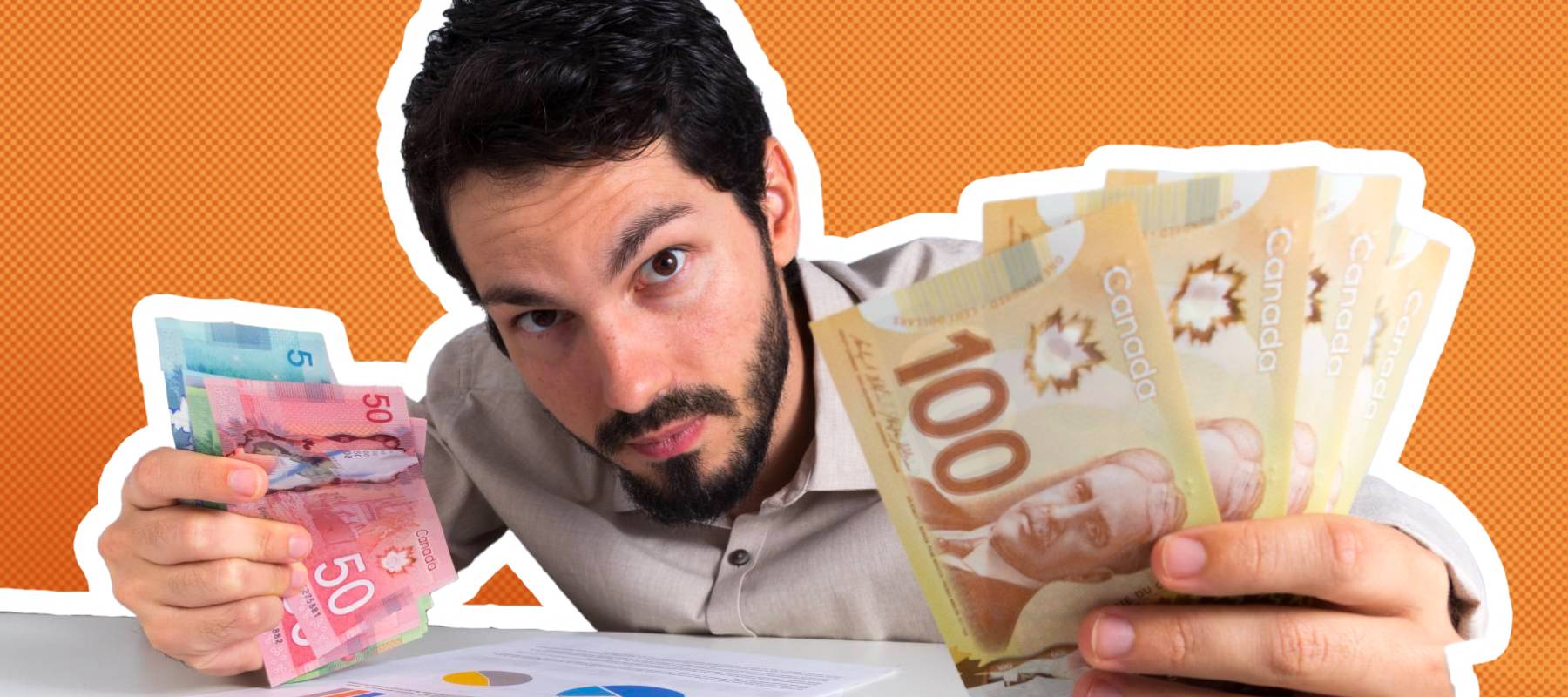Maintenance fee
Just being a customer of a bank can cost you money through maintenance fees — it’s a fee for simply having your account open.
Personal finance expert Dave Ramsey once called maintenance fees “some of the sneakiest.”
“You agree to them when you open an account, and you may not even realize it until they show up on your statement six months later.”
But there are usually ways to avoid paying this particularly stealthy bank fee. For instance, some banks may waive account maintenance fees for customers who maintain a certain minimum balance. If your account balance is above that threshold, you don’t need to pay the maintenance fee.
Some banks may also waive maintenance fees for customers who have direct deposits to their accounts.
Always read the fine print before you open an account to see whether your bank charges maintenance fees and how you can avoid them.
Unexpected vet bills don’t have to break the bank
Spot Pet Insurance offers coverage for treatment of accidents, illnesses, prescriptions drugs, emergency care and more.
Plus, their preventative care plan covers things like routine check-ups, microchip implantation, and vaccinations, if you want to give your pet the all-star treatment while you protect your bank account.
Get A QuoteOverdraft fee
We all know that credit cards allow us to spend money we don’t have — and cost us big money through double-digit interest rates. But did you know that you can also spend more money than what you have using your debit card — and get charged a fat fee for doing so?
So if you have $100 in your chequing account and swipe your debit card to buy that $150 item at the store, the transaction can still go through. But you’ll likely be hit with an overdraft fee.
How much is that fee?
According to the Government of Canada, you can either pay a monthly fee of $5, to access overdraft protection, or you can pay-per-use. If you opt to not pay for monthly overdraft access, your bank can charge you up to $5 each time you dip into overdraft.
Of course, you are also expected to pay back the amount you have overdrawn. If you keep overdrawing your account, there’s a good chance that you’ll be paying additional fees. You are also responsible for paying for the interest on the overdraft amount.
It’s easy to avoid paying the overdraft fee: Pay attention to your account balance and don’t spend more than that.
You may also ask the bank not to allow charges to clear your account when it is overdrawn.
Non-sufficient funds (NSF) fee
As the name suggests, a non-sufficient funds fee applies when your account does not have sufficient funds — usually to pay the cheque written against it. This is better known as bouncing a cheque.
Obviously, the way to avoid an NSF fee is the same as avoiding overdraft fees: Monitor your chequing account. If the balance is running low, you might want to transfer money from your savings account before writing a cheque.
Many banks also allow you to set up automatic alerts that send notifications when your account is low on funds. You can usually customize the dollar amount that triggers the alert. This way, you’ll know when to move money from your savings account to your chequing account — or simply reduce your spending until your next pay cheque arrives.
Another thing to note about the NSF fee is that the cheque you write may not get cashed until later.
For instance, you may write a $500 cheque on the first of the month and the payee cashes it on the 15th. If you forget about the cheque and let your account balance drop below $500 before the bank processes the payment, you’ll likely get hit with an NSF fee.
Sources
1. Government of Canada: Financial Consumer Agency)
Smart investing starts here
Get 100 free online equity trades with promo code EDGE100 when you open a CIBC Investor’s Edge account by Sept. 30, 2025. Click here to unlock 100 free trades and take control of your investments. Get started today.







